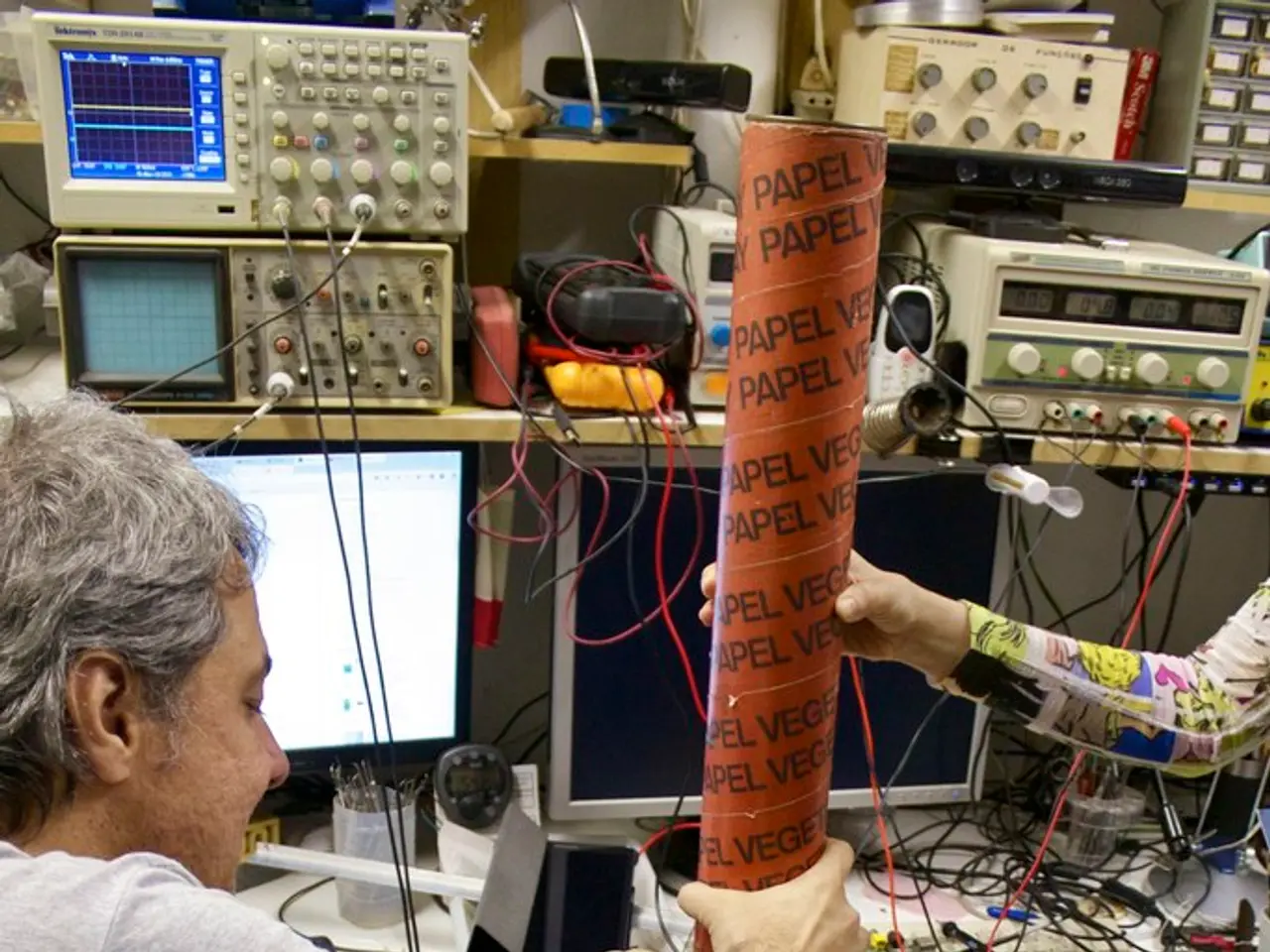Global Pandemic COVID-19 Response: The Role of Robotic Process Automation in Prompt Action Among Global Businesses
UiPath, a leading provider of robotic process automation (RPA) solutions, has been instrumental in helping organizations across various sectors adapt to the challenges posed by the COVID-19 pandemic. The company's RPA technology is being used to streamline processes, reduce wait times, and improve service speed, all while ensuring business continuity.
In the healthcare industry, RPA is being employed to automate the check-in process, reducing human error and improving service speed. The Mater Hospital in Dublin, for instance, is using UiPath's attended robots to process COVID-19 testing kits in a fraction of the time. This not only helps in managing the high volume of tests but also ensures a more efficient and accurate process.
The healthcare sector is not the only one benefiting from UiPath's RPA technology. Pharmaceutical companies are using it for drug development acceleration, while various industries are deploying intelligent RPA-enabled chatbots and automation solutions to address the surge in demand caused by the COVID-19 pandemic.
One large U.S. hospital deployed a UiPath attended robot to reduce hospital backlogs and eliminate costly manual errors. This has been particularly beneficial in the current situation, where hospitals are under immense pressure to manage a high volume of patients.
UiPath has also been instrumental in helping organizations maintain business continuity and serve their customers remotely. An insurance company, for example, created seven robots to support massive Service Now transactions, Remote Access Services, and Enterprise Mobility Services. The addition of UiPath robots enabled the company to continue serving its customers effectively despite the shift to remote work.
In addition, UiPath's Automation Hub is being offered for free to enterprise customers and prospects for one year. This move aims to help organizations accelerate their digital transformation efforts and adapt to the new normal. The Automation Hub allows enterprises to capture automation ideas from their staff and build an automation pipeline.
UiPath has also extended its support to healthcare organizations during the pandemic. The company is offering free RPA software to these organizations to help them accelerate critical processes. This has resulted in a significant increase in the number of COVID-19 uses cases for UiPath, with the company amassing 30 such cases in the last 21 days.
An attended robot from UiPath can execute a testing transaction in just 15 seconds, a significant reduction compared to the time taken by a human. This speed advantage is also evident in the order processing and fulfillment process, where RPA is being used to process orders and enter them into SAP systems, thereby speeding up the fulfillment process in response to increased demand.
UiPath has also seen a surge in new customers, with over 100 new customers signing up to deploy UiPath Automation Hub to engage their remote workforce. This adoption of UiPath's RPA solutions is a testament to the company's ability to help organizations adapt to the new normal and thrive in challenging times.
In conclusion, UiPath's RPA solutions are playing a crucial role in helping organizations address the challenges posed by the COVID-19 pandemic. By automating repetitive tasks, reducing wait times, and ensuring business continuity, UiPath is helping organizations not only survive but also thrive in these challenging times.








